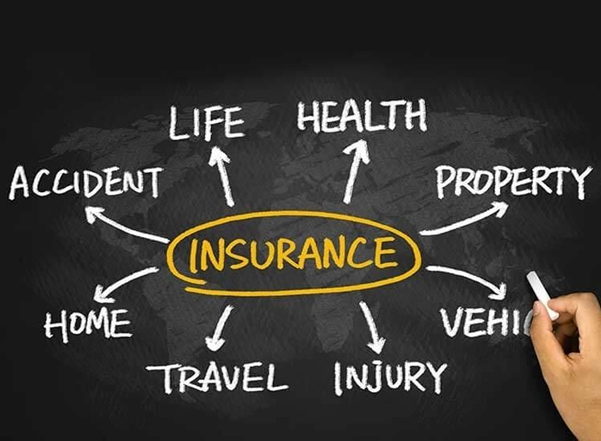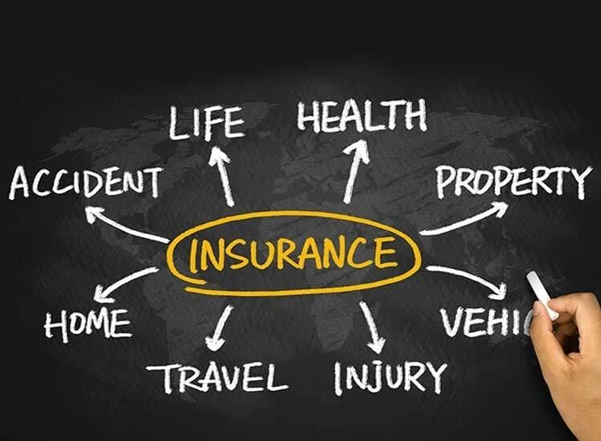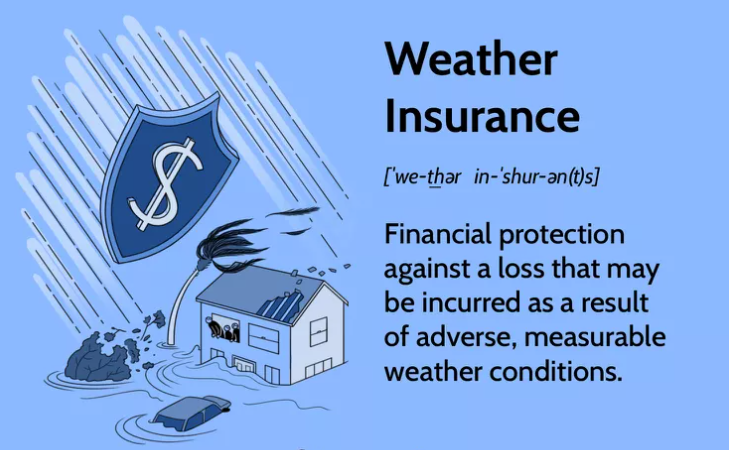Insurance is a vital aspect of financial planning, providing protection and peace of mind against unexpected events. However, not all types of insurance are equally essential for everyone. Some policies may offer minimal benefits relative to their costs or might be redundant when compared to other forms of coverage. In this article, we’ll explore several types of insurance that are often considered less critical, helping you make informed decisions about your financial priorities.

1. Extended Warranties
Overview
Extended warranties, often marketed with electronics and appliances, promise to cover repairs or replacements beyond the standard manufacturer’s warranty. While they might seem like a safety net, they often come with significant limitations.
Why They’re Not That Important
- Cost vs. Benefit: Many extended warranties can cost as much as or more than repairs. If you factor in the likelihood of needing repairs, the cost may not justify the purchase.
- Inherent Reliability: Most modern electronics and appliances are designed to last. The manufacturer’s warranty often provides sufficient coverage for any initial defects.
- Credit Card Protections: Many credit cards offer purchase protection and extended warranties for items bought using the card, making an additional warranty redundant.
Conclusion
Consider setting aside money for potential repairs rather than investing in an extended warranty. This approach can often lead to savings and allows you to prioritize other, more critical insurance types.
2. Identity Theft Insurance
Overview
Identity theft insurance is designed to cover expenses related to restoring your identity after theft, such as legal fees and lost wages. However, this insurance often overlaps with other protections.
Why It’s Not That Important
- Limited Coverage: Many identity theft policies provide minimal benefits, often not enough to justify their cost.
- Existing Protections: Many credit card companies and financial institutions already offer identity theft protection services, including monitoring and fraud alerts.
- DIY Recovery: The process of recovering from identity theft can often be managed without insurance. Resources and guides are widely available to help victims navigate the recovery process.
Conclusion
While protecting your identity is crucial, consider leveraging existing services and self-education rather than investing in dedicated identity theft insurance.
3. Credit Insurance
Overview
Credit insurance, also known as credit protection insurance, is designed to cover loan payments in case of death, disability, or job loss. It often accompanies loans and credit cards, but its necessity is questionable.
Why It’s Not That Important
- Duplication of Coverage: Many people already have life and disability insurance policies that can cover debts. Credit insurance often overlaps with these existing protections.
- High Premiums: Credit insurance can be expensive relative to the coverage it provides, often resulting in higher overall debt costs.
- Limited Payouts: The benefits are usually limited and may not cover the entire balance of a loan, making it less effective than traditional insurance.
Conclusion
Review your current life and disability insurance policies before considering credit insurance. You may already have sufficient coverage without the additional expense.
4. Cancer Insurance
Overview
Cancer insurance is a supplemental policy designed to provide financial support in the event of a cancer diagnosis. While cancer is a serious disease, the necessity of this type of insurance is often debated.
Why It’s Not That Important
- Existing Health Insurance Coverage: Most comprehensive health insurance plans already cover cancer treatments, including surgeries, chemotherapy, and follow-ups.
- High Premiums: The cost of cancer insurance can be high, and it may not provide significant additional benefits beyond what standard health insurance offers.
- Risk Assessment: The likelihood of developing cancer varies among individuals. Instead of purchasing this insurance, consider investing in a robust health insurance plan.
Conclusion
Before opting for cancer insurance, assess your current health insurance coverage. In many cases, your existing policy will suffice to handle medical expenses related to cancer treatment.
5. Pet Insurance
Overview
Pet insurance is designed to cover veterinary costs for pets. While caring for a pet is essential, the necessity of pet insurance is often questioned.
Why It’s Not That Important
- Cost of Premiums: Pet insurance can be expensive, and many policies have high deductibles and limits, which may not be beneficial for pet owners.
- High Out-of-Pocket Costs: Many pet owners find that they pay out-of-pocket for routine care anyway, as claims may not cover routine visits or preventive care.
- Emergency Fund Alternative: Setting aside money for pet emergencies can often be more economical than paying monthly premiums for insurance that may not cover significant costs.
Conclusion
Evaluate your financial capacity to handle potential veterinary expenses before committing to pet insurance. Many pet owners find self-funding to be a more viable option.
6. Accidental Death and Dismemberment Insurance (AD&D)
Overview
AD&D insurance provides benefits in the event of death or dismemberment due to an accident. While it may seem like an important policy, its necessity can be limited.
Why It’s Not That Important
- Limited Scope: AD&D insurance only covers accidents, excluding natural causes, which means it may not provide comprehensive protection for your beneficiaries.
- Overlapping Coverage: Many life insurance policies already cover accidental deaths, making AD&D insurance somewhat redundant.
- Low Likelihood of Benefits: The likelihood of needing benefits specifically for accidental death is relatively low compared to overall mortality risks.
Conclusion
Before purchasing AD&D insurance, review your existing life insurance policy. If your current coverage already provides adequate protection, the additional policy may not be necessary.
Conclusion
When considering insurance, it’s essential to prioritize policies that provide meaningful protection and benefits tailored to your needs. While the types of insurance discussed may have their place, they often offer limited value relative to their costs. Instead, focus on securing essential coverages like health, life, auto, and homeowners insurance. By understanding which policies are truly necessary, you can allocate your financial resources more effectively and ensure that your insurance portfolio meets your real needs.








